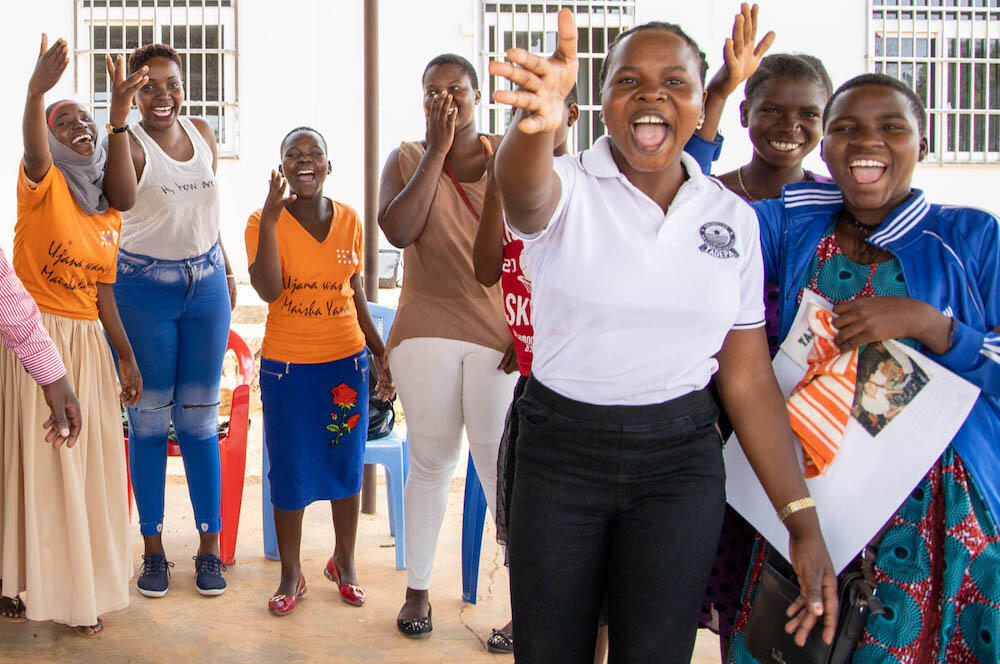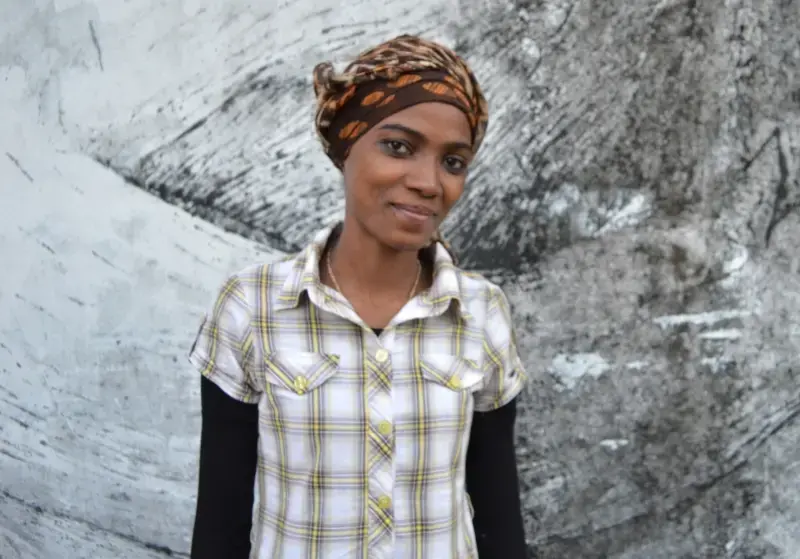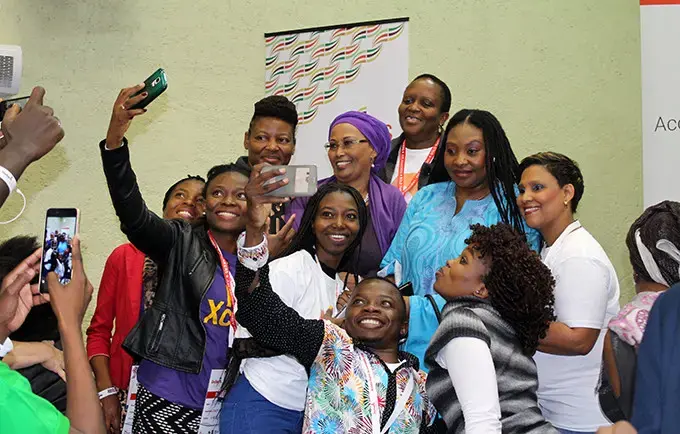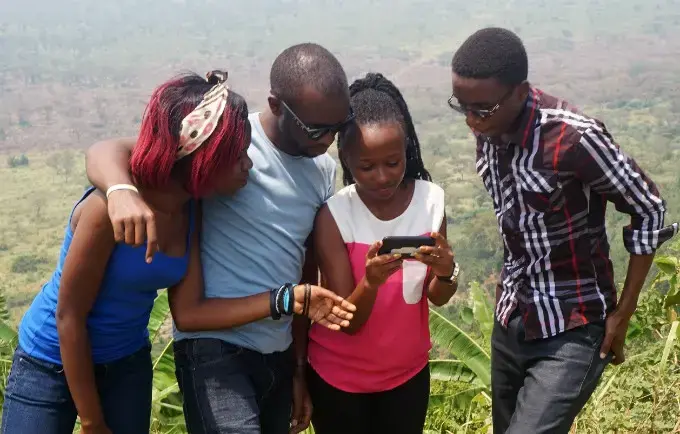SHILELA, Shinyanga, Tanzania—When Glory* became pregnant at the age of 13, she felt worthless and despaired as she watched her dreams slip away. She knew all too well the stigma that surrounds early pregnancy and that she would not be able to continue her schooling.
For most adolescent girls like Glory, pregnancy is not the result of a deliberate choice. Girls often have little or no say in decisions affecting their bodies and lives. As was the case for her, early childbirth is a consequence of inequalities, and peer and other social pressures. It is also the result of a lack of access to age-appropriate sexual and reproductive health services and reproductive rights information.
In Tanzania, teenage pregnancy has increased in the past decade. Nearly one in four girls become pregnant or give birth to their first child by the age of 18, with wide rural, urban and regional disparities. To rewrite this all-too-common storyline, UNFPA is working with partners in support of five Adolescent Girls Clubs that empower more than a hundred out-of-school girls with life skills and entrepreneurship training in the region where Glory lives.
It is a small but important step for her.
Five months after she was invited to join the club in Shilela by her village leader, she is a different person – one who has grown in self-worth and confidence. She has learned that she has the right to make decisions about her body and that no one can force her into having unwanted or unprotected sex, she says. Now undertaking a vocational training course, she no longer feels inadequate compared to her friends who went on to secondary school.
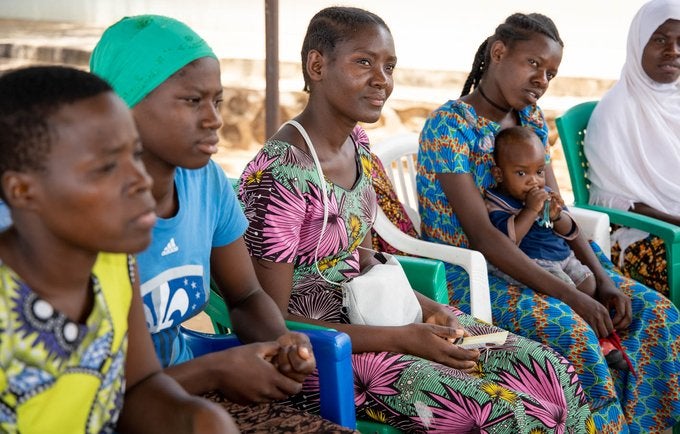
Protecting girls' rights
UNFPA, the United Nations sexual and reproductive health agency, is working to address issues such as adolescent pregnancy in Tanzania by focusing on the protection and fulfilment of girls’ rights. The agency supports and advocates for comprehensive sexuality education – in a context where there are still taboos and barriers to discussions around young people’s sexual and reproductive health – and expands access to sexual and reproductive health care and information at adolescent-friendly health corners.
In Shinyanga, where Glory lives, the Adolescent Girls Clubs are supported through the UNFPA-UN Women Joint Programme "Realizing Gender Equality through Empowering Women and Adolescent Girls" with funding from the Korea International Cooperation Agency (KOICA). The clubs build vulnerable adolescent girls’ knowledge, skills, self-confidence and social networks. The girls learn to challenge existing gender inequalities to realize a different and better tomorrow – one of a more equal future for women and girls.
Glory and her peers at the club are hoping for a future where girls can remain in school, be treated as equal to boys and men, and ultimately, pursue their goals. While they are aware of deeply-rooted social and cultural norms that can derail their dreams, they remain optimistic.
Already, she is seeing significant changes in her home environment, thanks to the club’s intervention.
Glory’s family members, particularly her father, are changing their attitudes towards girls. They are now supportive of her younger sister’s ambition of becoming a midwife.
From her friends at the girls’ club, she hears similarly encouraging stories. In time, they hope these changes will reverberate not just through their own households but their villages and beyond.
* Name has been changed.

